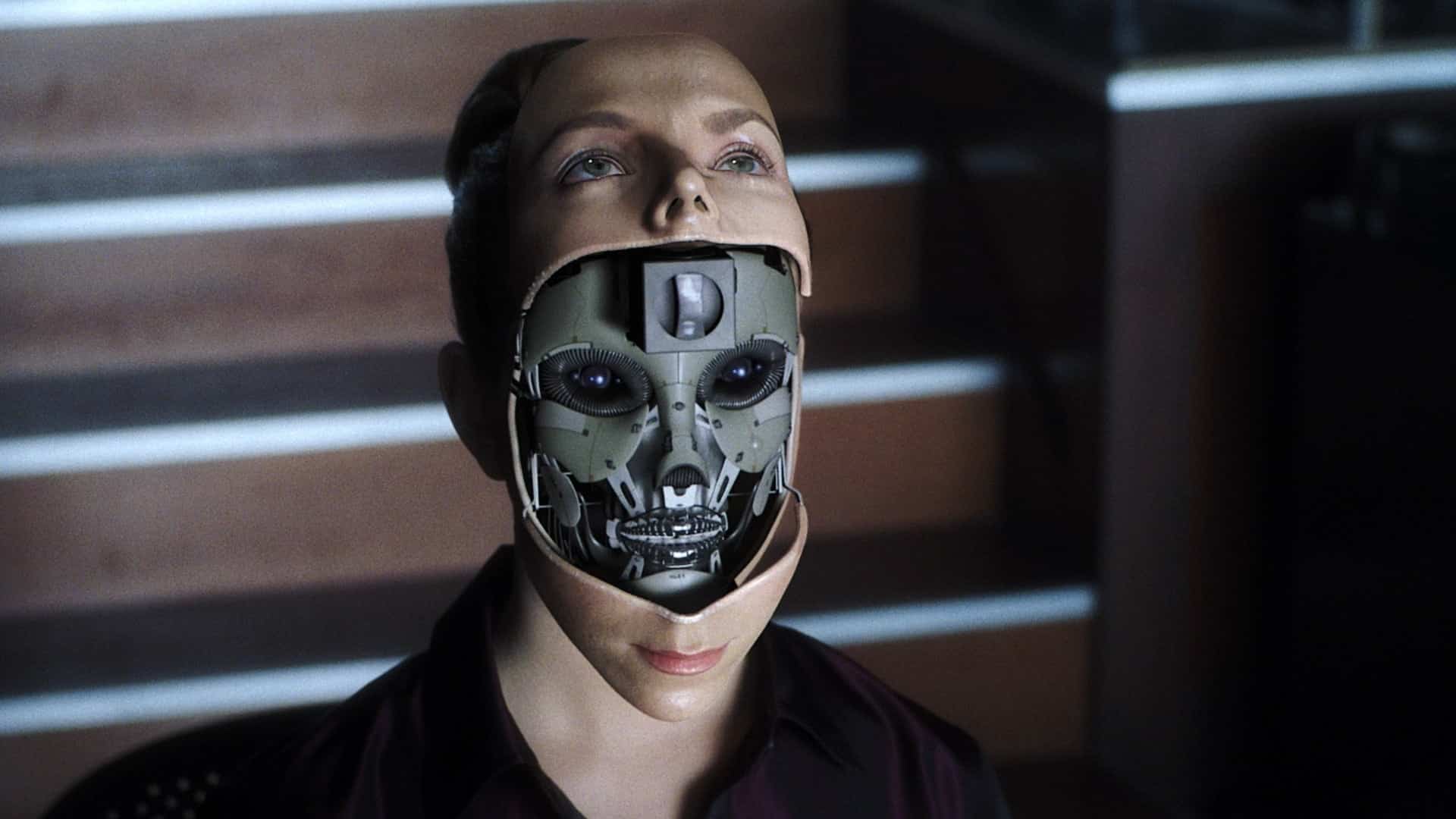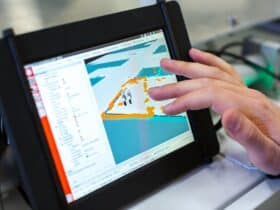The idea of creating robots that mimic humans is not an old one. But there was a time, not long ago, when it was only considered a fantasy. People didn’t expect that the human mind can actually bring their sci-fi fantasy into real life, which we today call Artificial Intelligence.
As the name shows, Artificial Technology, or AI, involves the use of machines to perform tasks that humans usually do. Artificial Intelligence is a rapidly growing field that is changing how we live, work, and interact with technology. It is the ability of computers to perform tasks that would normally require human intelligence, such as speech recognition, problem-solving, and decision-making. AI has the potential to revolutionize various industries and create new opportunities for businesses and individuals. But not only that, but it also has the potential to destroy businesses whose competitors find unique and marketable ways to use this technology.
In this article, we will dive into the future of AI and how it will impact our society. But first, let’s just have a glimpse of its past.
When Was Artificial Intelligence Created
While the idea of the computer mimicking humans probably dates back to when computers first became commercial, the actual working on AI can be traced back to the mid-20th century when researchers first began to explore the concept of machines being able to think and learn like humans. Even before that, in 1925, Houdina Radio Control released a radio-controlled driverless car traveling the streets of New York City, which opened doors to newer possibilities. However, it wasn’t until the rise of the internet and big data that AI really took off. With the widespread availability of the internet, thanks to services like Kinetic Internet and their superfast speeds, access to AI tools and solutions is in the reach of millions. Today, Artificial Intelligence is being used in a wide range of AI applications, from personal assistants like Siri and Alexa to self-driving cars and healthcare technology.
Future of Artificial Intelligence
One of the most exciting aspects of AI is its potential to make our lives easier and more efficient. For example, virtual personal assistants can help us manage our schedules, send emails and perform online searches. AI-powered chatbots can also provide customer service for businesses, handling inquiries and resolving issues 24/7. The recent disruption by ChatGPT is another example of what the future of various fields will look like.
AI in Healthcare
In the healthcare industry, AI is being used to develop new treatments, diagnose diseases and analyze patient data. AI algorithms can analyze vast amounts of data, including medical images and electronic health records, to identify patterns and make predictions. This can lead to more accurate diagnoses, faster treatment times, personalized care, and improved patient outcomes.
AI in Banking and Finance
Another industry that is being transformed by AI is finance. AI-powered financial services are providing new and innovative solutions for managing money, investing, and making financial decisions. You can also check some of the best financial websites for learning from their practices. For example, AI can be used to analyze stock market data and make predictions about future trends, helping investors to make informed decisions.
AI and the Job Market
The field of AI is also having a profound impact on the job market. While some jobs may become automated, AI is also creating new job opportunities in fields such as data science, software engineering, and machine learning. In addition, AI is also making it easier for people to work remotely and achieve a better work-life balance.
Impact of AI on Society
Despite the many benefits of AI, there are also concerns about its potential impact on society. For example, the rise of AI may lead to job losses and inequality as machines replace human workers in certain industries(such as content writing). It is evident from the massive recent layoffs by tech giants like Alphabet. The reason reported by various sources is the potential of AI tools like ChatGPT to replace these businesses with smarter solutions. Moreover, there are also concerns about the ethics of AI, such as the potential for machines to make decisions that violate human rights or cause harm.
To ensure that the benefits of AI are maximized and the risks are minimized, it is important to teach AI to internalize human values and make decisions based on them. Moreover, there is a lot of room for improvement in the development and implementation of AI solutions, which requires investment in research and development, promotion of diversity and inclusion in the tech industry, and collaboration between industry, academia, and the public sector.
Wrapping it all
AI is a rapidly evolving field that is changing the way we live, work, and interact with technology. From virtual personal assistants to self-driving cars and healthcare technology, the possibilities of AI are truly endless. However, it is important to approach AI with caution and consider its potential impact on society. With the right policies and investment in research and development, we can ensure that AI is used to benefit humanity in the years to come.



















Leave a Reply